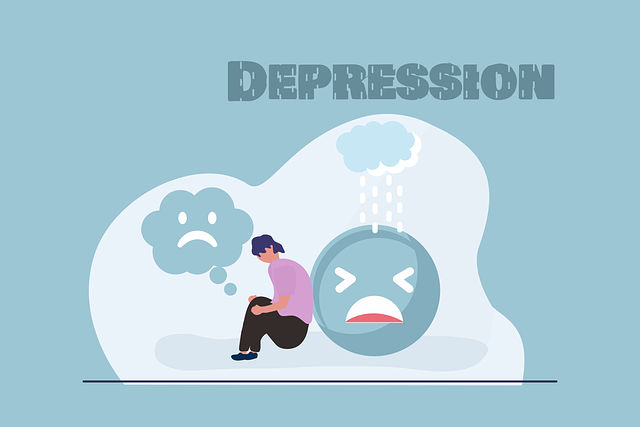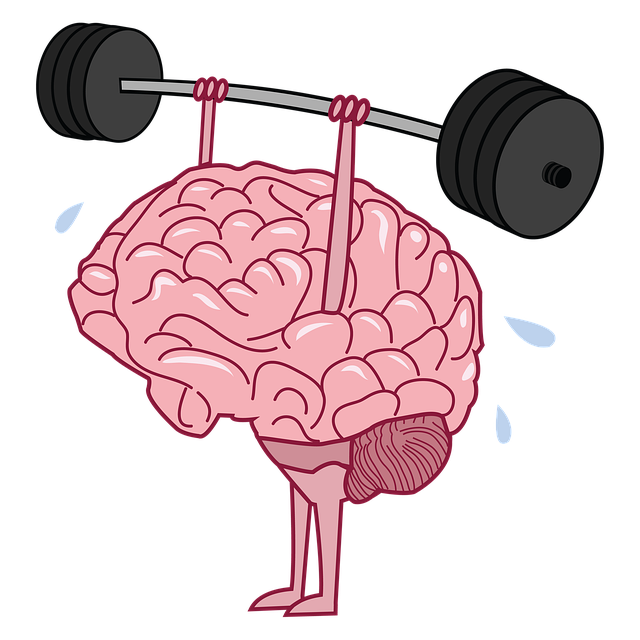Mental Health Crisis hotlines provide 24/7 support using techniques like Denver Exposure and Response Prevention Therapy (DERPT) to manage anxiety, trauma, and self-care. These services offer open communication, resources for long-term well-being, and powerful tools like stress reduction, empowering individuals to take control of their mental health. Accessing hotlines is a vital step towards prioritizing mental wellness, complementing other support systems such as Social Skills Training or Emotional Regulation workshops.
“In moments of profound mental health crises, a simple call can be a lifeline. Mental health crisis hotline support services play a pivotal role in providing immediate assistance and guiding individuals towards recovery. This article explores the critical function of these hotlines, focusing on Denver Exposure and Response Prevention Therapy (DERPT), an innovative approach to crisis intervention. We’ll also offer practical steps for accessing these services, empowering folks to seek help when facing distress.”
- Understanding Mental Health Crisis Hotlines: A Lifeline in Times of Distress
- Denver Exposure and Response Prevention Therapy (DERPT): An Innovative Approach to Support
- Accessing and Utilizing Hotline Services: Practical Steps for Seeking Help
Understanding Mental Health Crisis Hotlines: A Lifeline in Times of Distress

Mental Health Crisis hotlines are a vital resource for individuals facing emotional distress or mental health emergencies. These 24/7 services provide immediate support and guidance, offering a safe space to express concerns and receive expert assistance. Trained professionals on these hotlines employ effective strategies like Denver Exposure and Response Prevention Therapy (ERP), which focuses on building empathy and teaching self-care practices to manage anxiety and trauma. By fostering open communication, these hotlines help individuals navigate their crises and offer valuable resources for long-term mental well-being.
Through simple yet powerful tools such as stress reduction methods and empathy-building strategies, crisis hotline support services empower people to take charge of their mental health. They serve as a crucial bridge to broader care options, ensuring no one faces adversity alone.
Denver Exposure and Response Prevention Therapy (DERPT): An Innovative Approach to Support

Denver Exposure and Response Prevention Therapy (DERPT) offers a unique and innovative approach to mental health support, specifically targeting individuals dealing with trauma-related issues. This therapy combines exposure therapy with response prevention techniques, aiming to help clients confront and overcome their fears and avoidance behaviors associated with traumatic events. By gradually exposing patients to traumatic memories or triggers in a safe environment, DERPT facilitates the processing of these experiences, reducing their impact over time.
Incorporating evidence-based practices, DERPT focuses on empowering individuals to develop healthier coping mechanisms. The therapy helps clients understand and manage their responses to traumatic memories, encouraging them to face their fears head-on. This innovative approach has shown promising results in various studies, providing an effective tool for trauma support services. It addresses the critical need for mental wellness resources, especially within the realm of Mental Health Policy Analysis and Advocacy, by offering a specialized treatment option that can enhance existing mental health care systems.
Accessing and Utilizing Hotline Services: Practical Steps for Seeking Help

Accessing hotline services for mental health support is a crucial step towards prioritizing your well-being. If you’re experiencing a crisis or emotional distress, reaching out can be empowering and life-saving. Here’s how to navigate this process effectively:
Start by identifying reputable hotlines tailored to your region, such as those offering Denver Exposure and Response Prevention Therapy (EAPT) services. These professionals are trained to provide immediate assistance. When calling, be prepared to communicate your situation clearly; express your feelings, the issues you’re facing, and any specific needs you may have. The more details you can provide, the better equipped they’ll be to help. Many hotlines offer confidential support, ensuring a safe space for vulnerable discussions.
Utilizing these services is a proactive step towards managing mental wellness. For ongoing support, consider exploring additional resources like Social Skills Training or Emotional Regulation workshops, which can enhance your coping mechanisms and overall mental health.
Mental health crisis hotlines serve as vital resources, offering immediate support and guidance during times of distress. The innovative Denver Exposure and Response Prevention Therapy (DERPT) approach further enhances these services, providing specialized treatment for various mental health crises. By following practical steps to access hotline services, individuals can take proactive measures to seek help promptly. These initiatives collectively contribute to a more comprehensive and accessible mental healthcare landscape, ensuring that support is readily available when it matters most.










